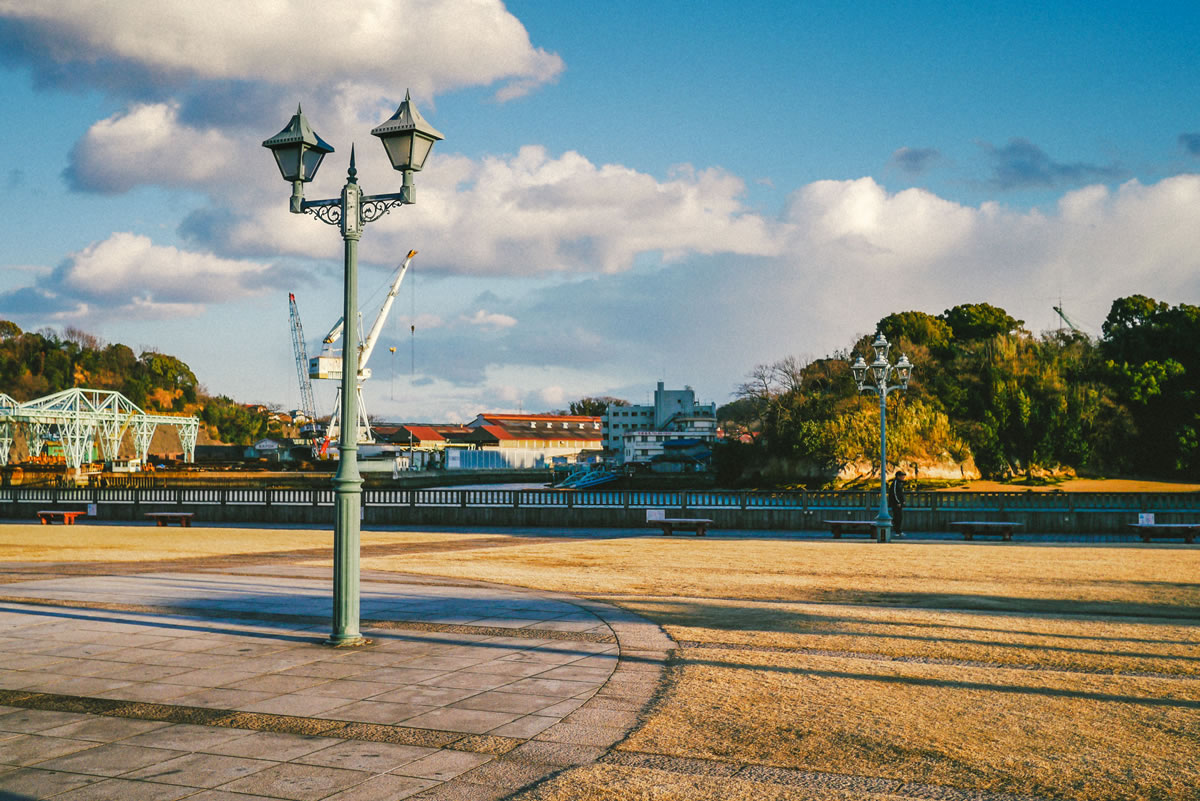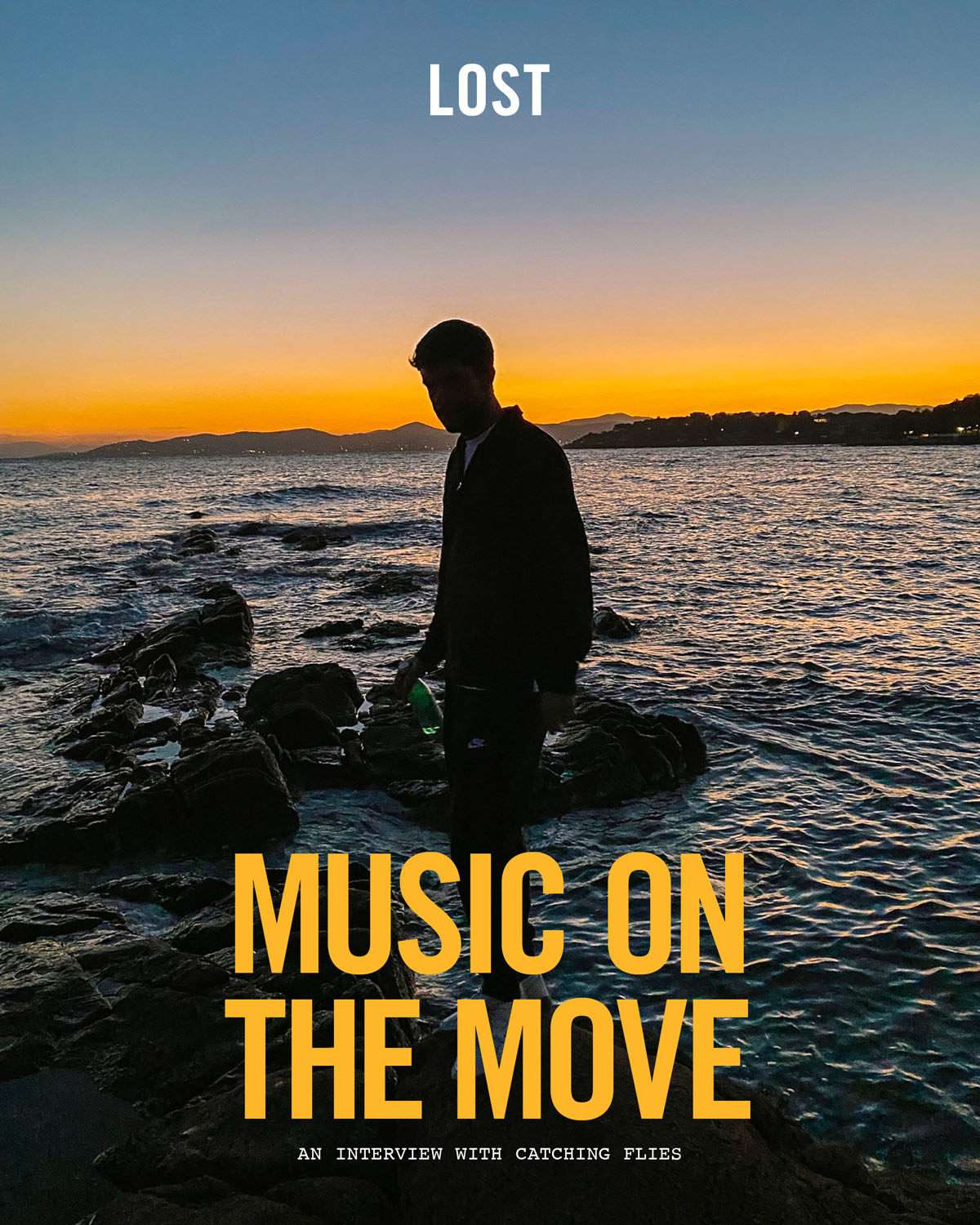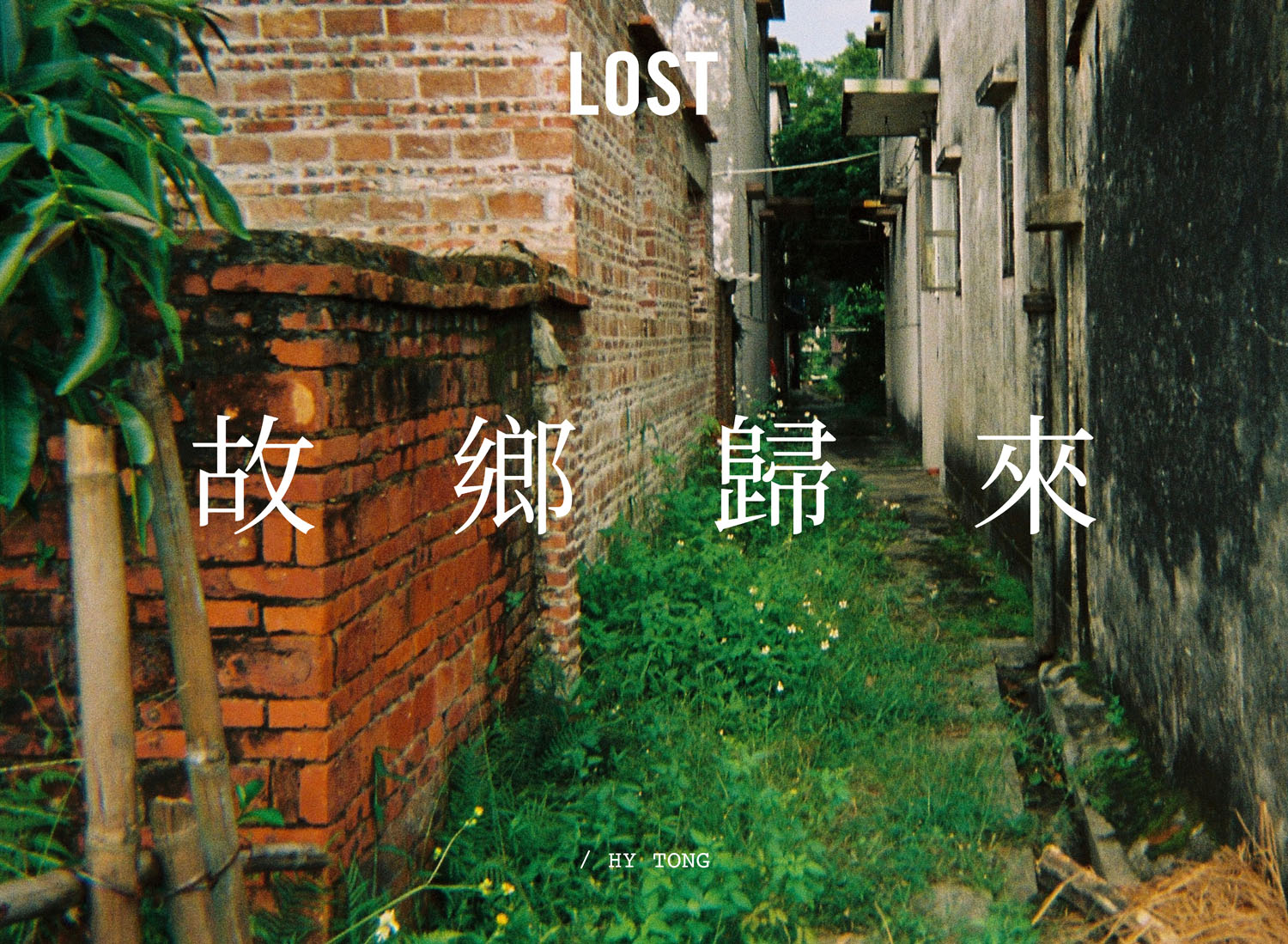BY NELSON NG
I miss the days of doing nothing, of doing things on impulse, of being free to wander in my mind.
Three months ago, I decided to do nothing in a little quiet town called Onomichi in Japan. In a sense it was my little break from work and instead of filling my itinerary with lots of activities, I decided to just park in one place to rest.
Why Onomichi? To be honest, it was quite a random choice. I knew the town was next to the inner sea and had a small little hill for hiking and plenty of ramen shops, but that was all I knew about the place. I didn’t know anyone there, but I thought it would be nice just to walk along the waterfront everyday to wander in my thoughts.
And I did just that.
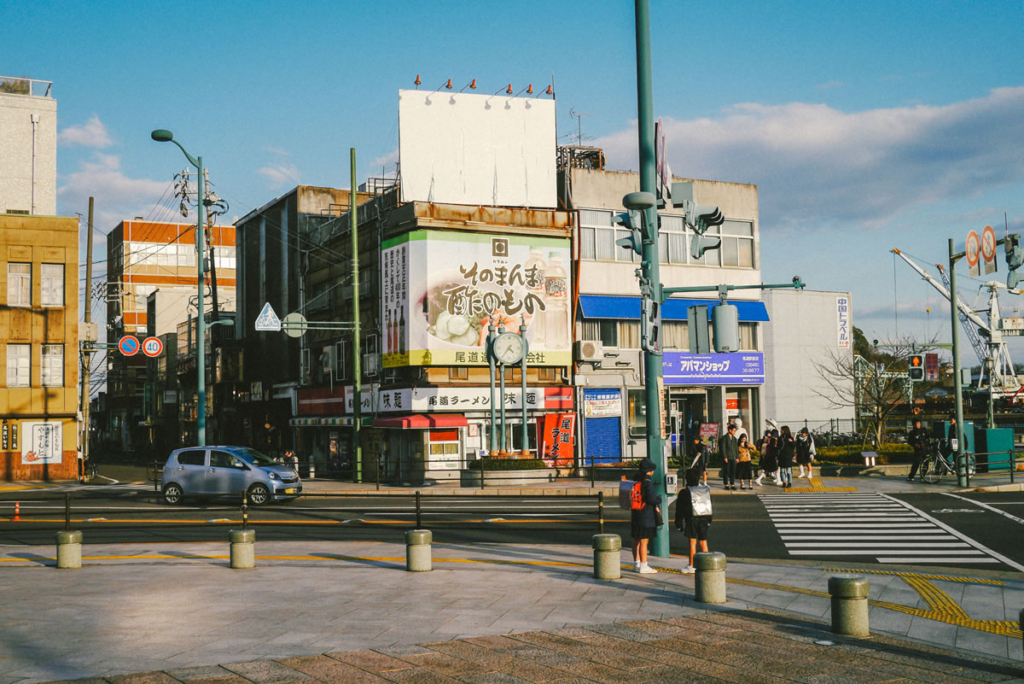
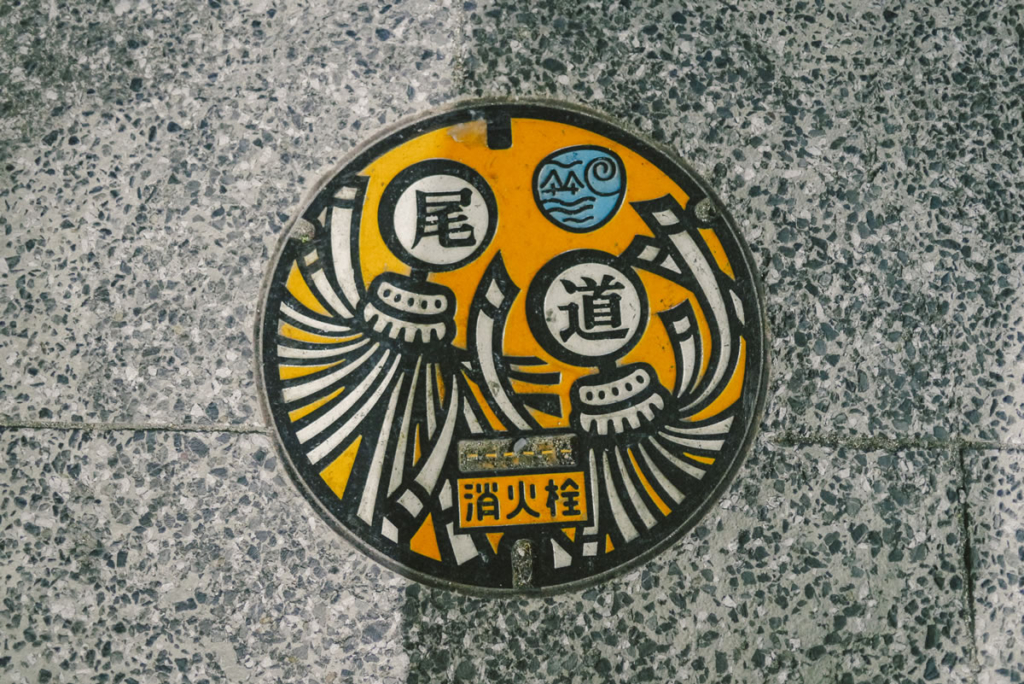
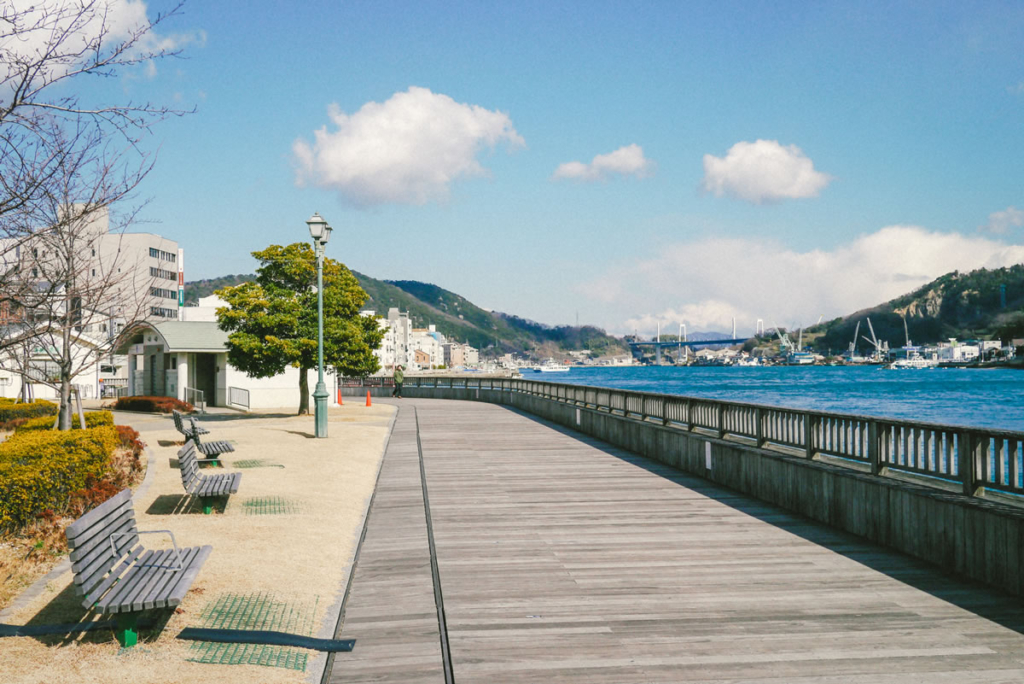
For a week I planted myself in Onomichi, without any plans, without any expectations. Every time someone asked me why I was there or what I wanted to see, I didn’t have an answer and they would give me a puzzled look. I was grateful just for the peace, the good food, the friendly people, and the good weather. Sometimes we take these for granted, and forget how simple life should be. Every morning I would wake up and take a walk around the hill and play with the cats (Onomichi is famous for cats) along the cat trail, and then spend the afternoon writing down thoughts or walking aimlessly around town, only to discover something interesting along the way. It was almost an art to try to be aimless, as I was too used to having a destination in mind.
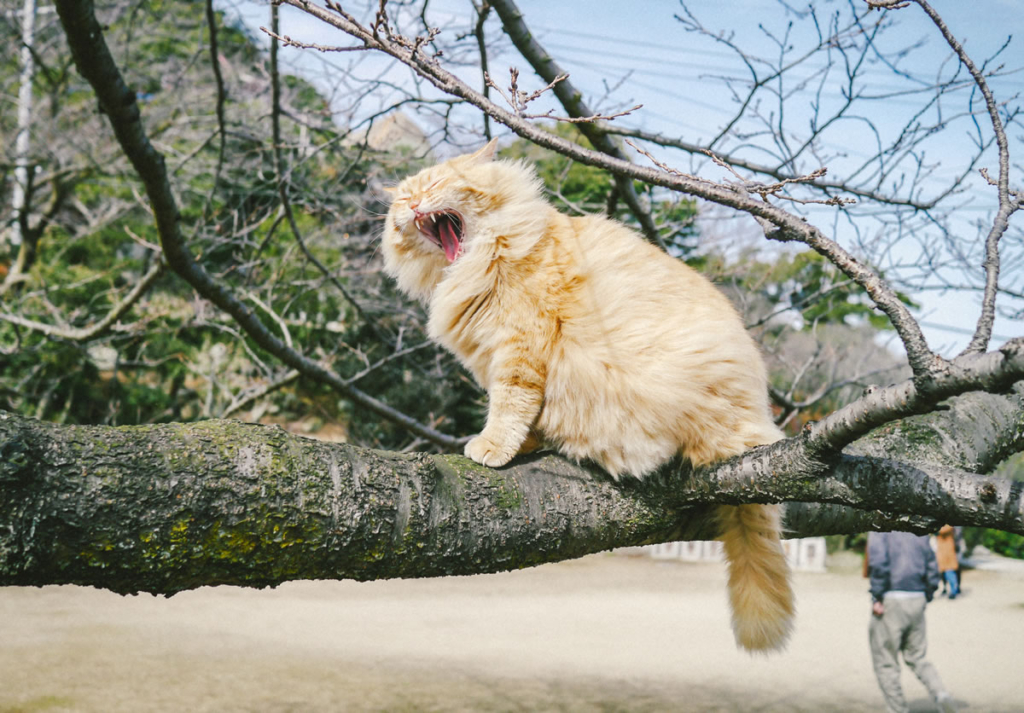
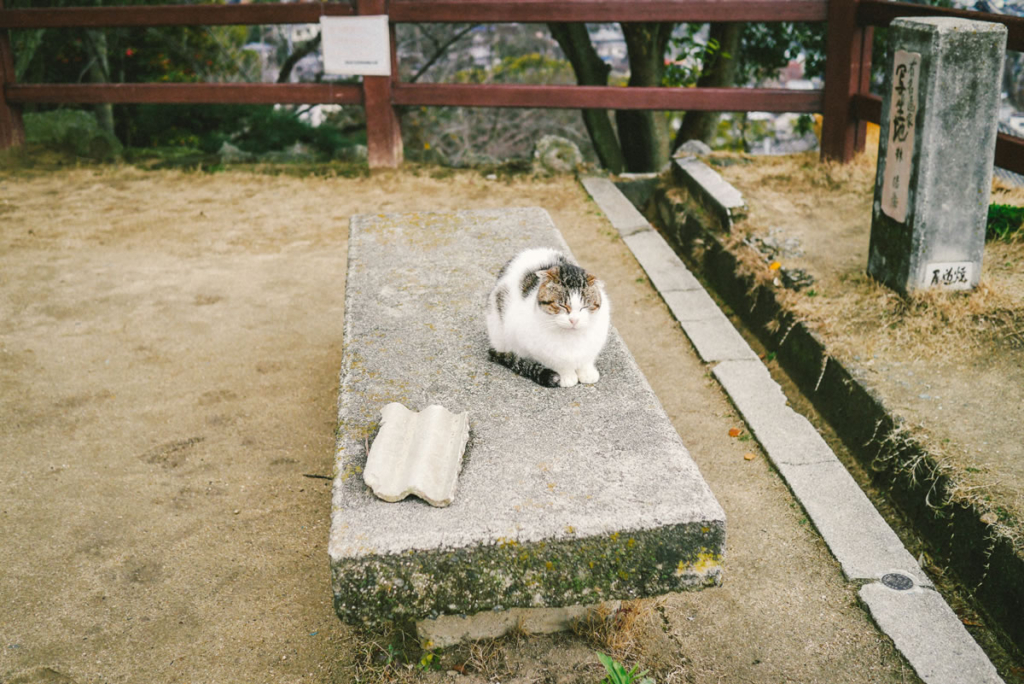
When you have nothing on your schedule, you are free to tackle the universe. That was how I felt in those few days. Physically I took walks everyday and hunted for ramen shops, but mentally I was going places. I think being busy in our everyday lives, we sometimes get too caught up with what’s in front of our eyes and forget the bigger picture. The bigger picture of what it means to be alive.
I also found time to read. In my first few days in Onomichi, I stayed in a cozy little hostel called Anago no Nedoko. It’s an old lane house that’s been restored, with a cafe and bookstore attached to it. In the bedroom where I slept, the beds were lined with books and comic books, something which I miss terribly from my childhood. And so having nothing to do every night, I would read whatever I found in that room.
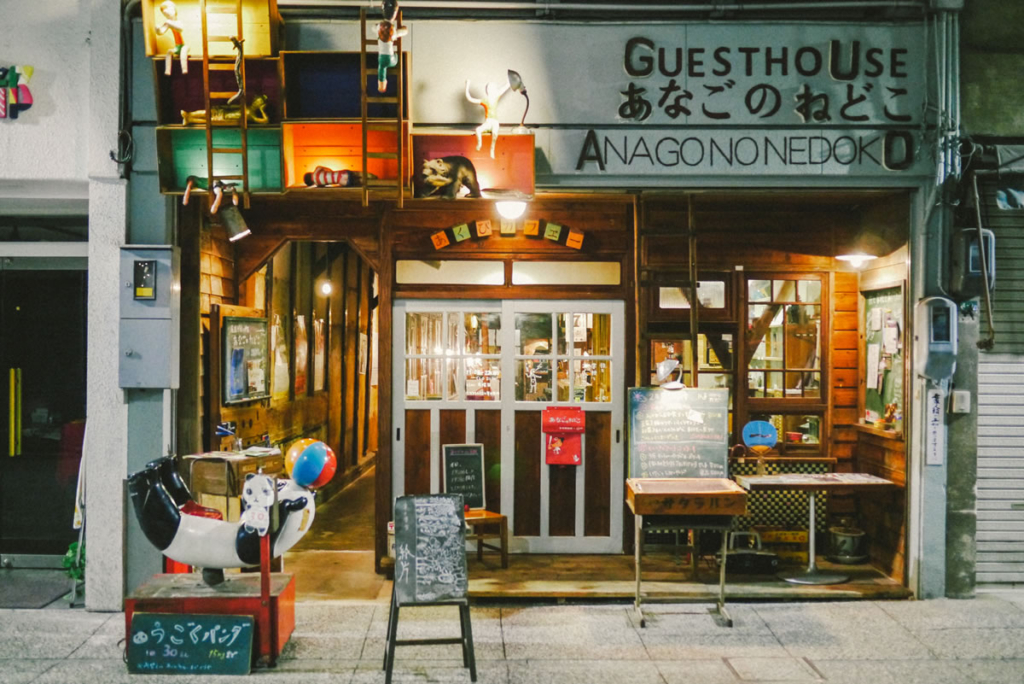
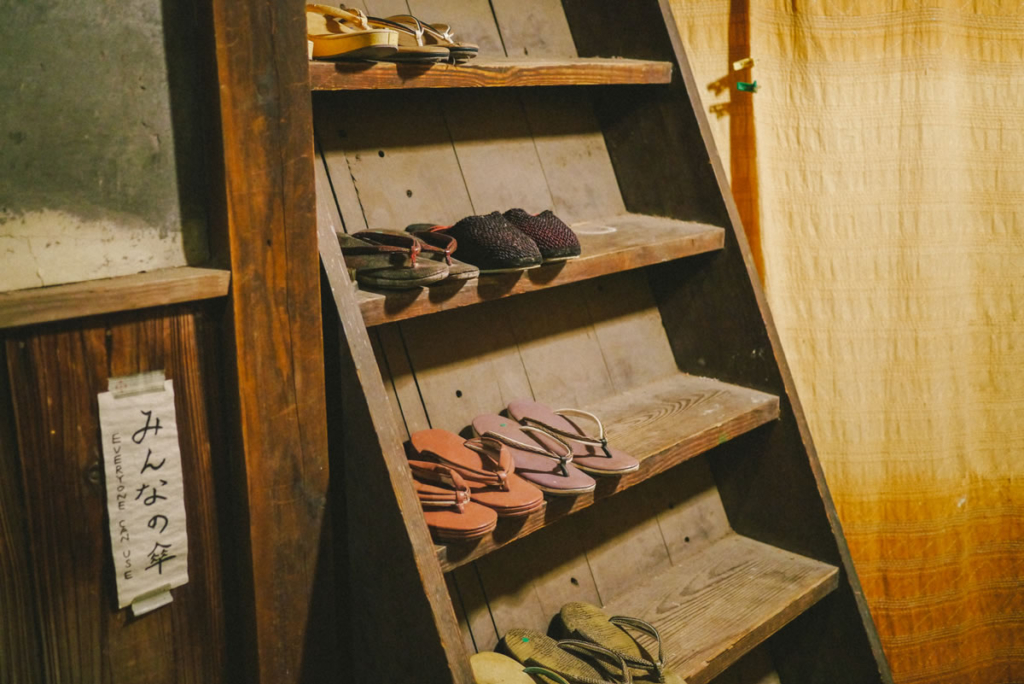
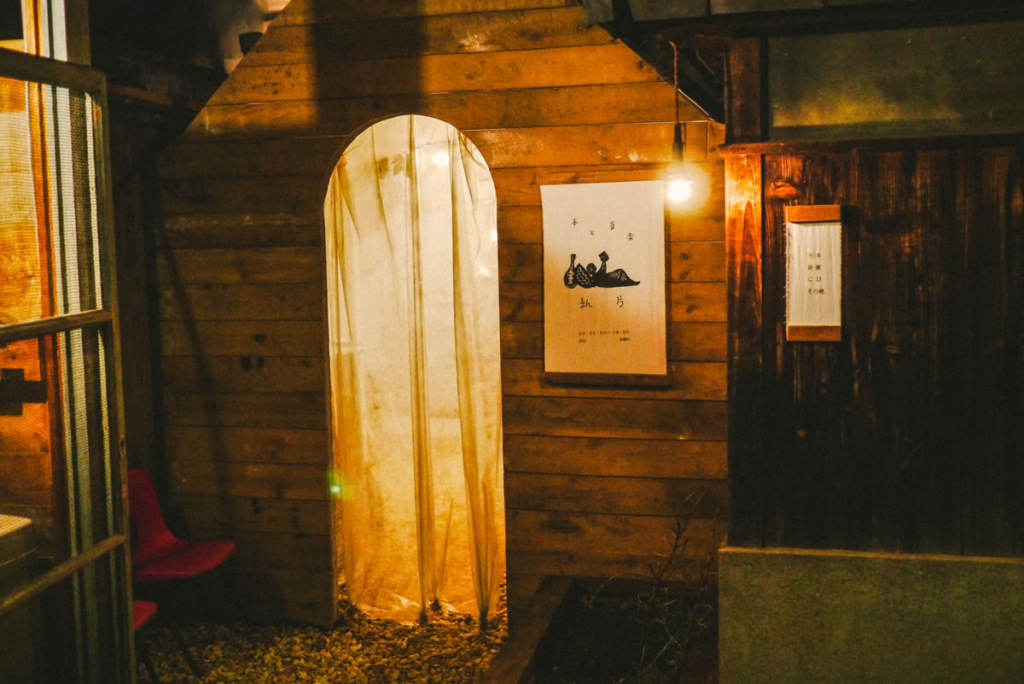
On the third day, unfortunately, the shower room broke down and I decided to move to their other hostel which was on top of the hill, the Miharashi-Tei. Over there you’re greeted with a wonderful view of the town every morning from the bedroom window, which absolutely calms your heart. The view makes you look and wonder about how people live together, and our place in this world. The hostel has a cafe downstairs where you’re rewarded with the same view but with jazz music, thanks to Hideo Makihara-san, an avid jazz-lover, who runs the place. I spent most of nights in the cafe writing down my thoughts as I looked at the view. I had found the perfect place to collect my thoughts.
Over the days I began to ask myself, why can’t everyday life be like this? Everyday I would spend half the day being outside in the sun, walking, absorbing, and feeling. I would discover new places, meet new people, and uncover new ideas. At night I would come back to the hostel and write down my thoughts to reflect about what I had learnt or realized. Perhaps being in a vacuum allowed me to push everything aside, so that I could reconfigure and reset my thoughts.
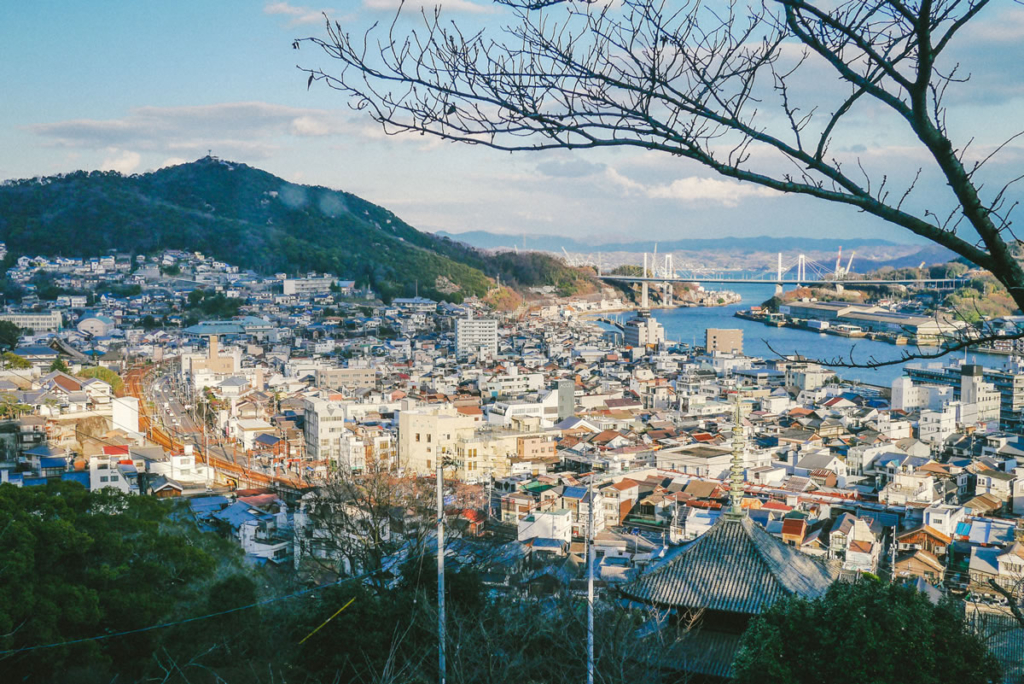
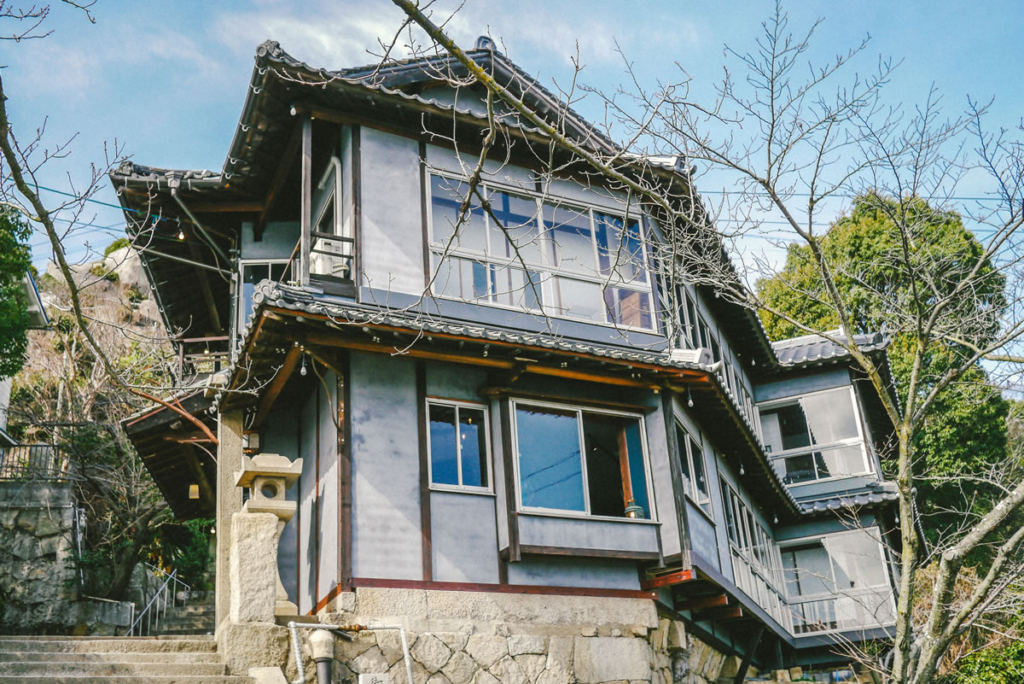
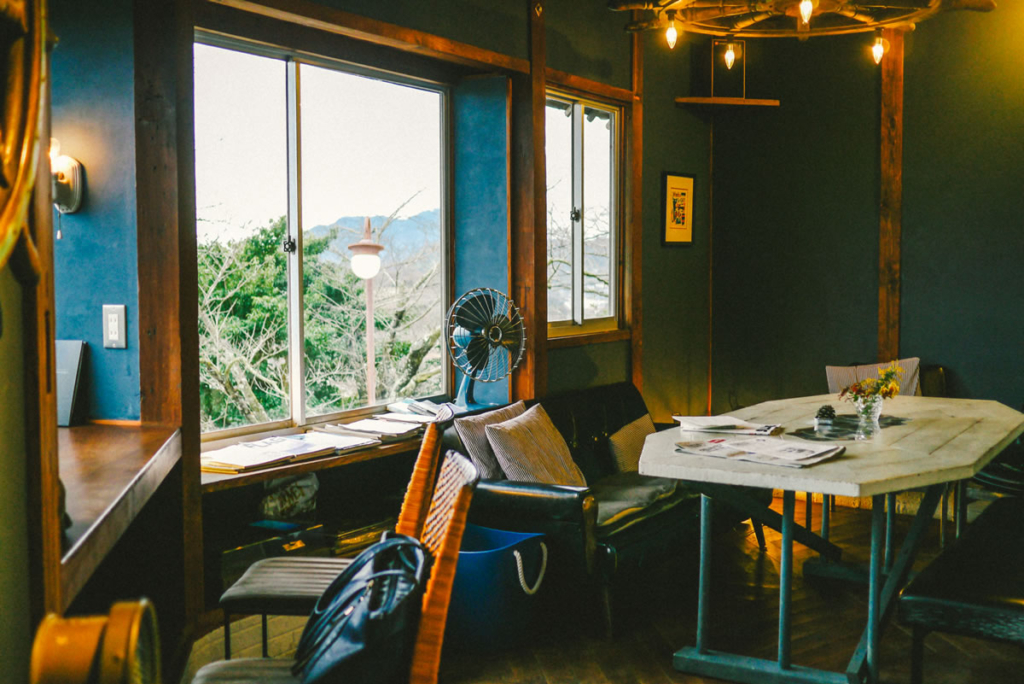
By the end of the week, I made lots of new friends, unexpectedly. I met Mototugu Fuzii-san, who was actually the person that checked me in at the first hostel Anago no Nedoko, but who also runs a second-hand bookstore called 20 Decibels (which had been previously shared on LOST). I also met Jan, a Singaporean who’s been living in Onomichi for the past 6 months and was trying to set up his own hostel there. And of course, being a small town, everyone knew everyone in this town and slowly people started saying hi to me after seeing me for a few times. Apparently, most people didn’t stay for more than 2 days in Onomichi, and whenever they heard I was staying for a week for no particular reason they would be shocked.
I also learned a lot in a week. I learned that Onomichi was an old city that had a lot of old houses, and so there were organizations such as the Akiya-Saisei Project which runs a volunteer program to restore the old houses, converting them into beautiful spaces such as the hostels that I stayed at, and also AIR which invites artists every year to create artworks in these abandoned houses, turning the city into a gallery. I learned that Onomichi was a place where people who didn’t like big cities came to find an alternative way of living, and that there was a great sense of community here. People talk a lot about “independent” shops in China, shops that had personality and didn’t belong to a chain, but in Onomichi, everyone was “independent”. You couldn’t find McDonald’s there. Instead, you’d find old people and young people running their own unique shops, doing what they believe in regardless of whether anyone came. There was a certain charm about this and everyday I would walk by these shops feeling inspired and having so much respect for these people.
After a week of doing nothing, I was ready to get back to work. I had found my motivation to go on.
Until the next time I need to space out.
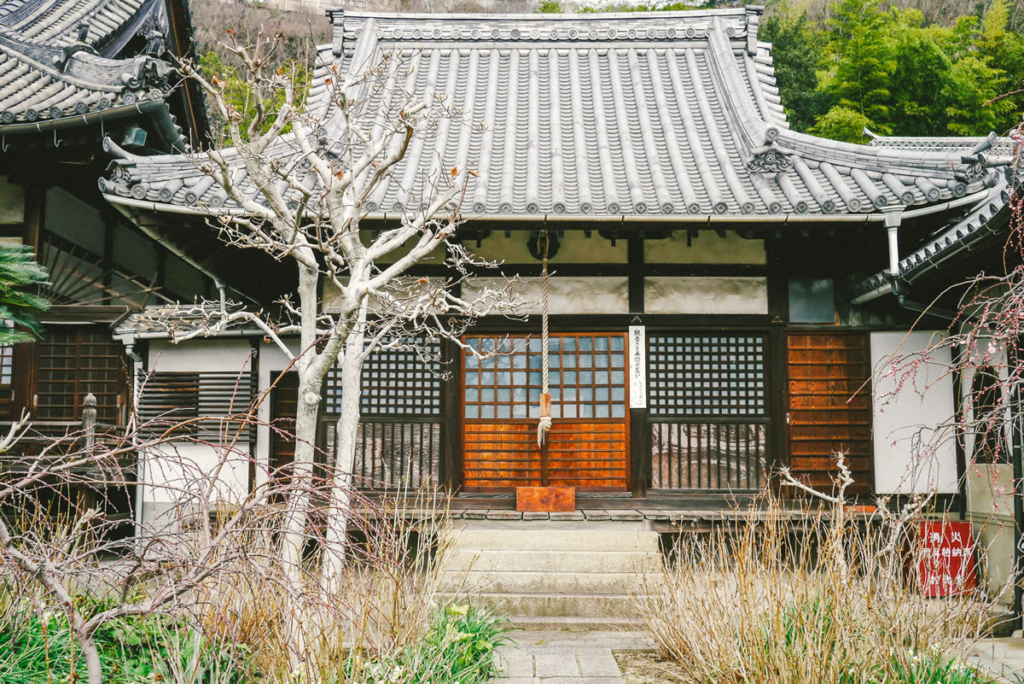
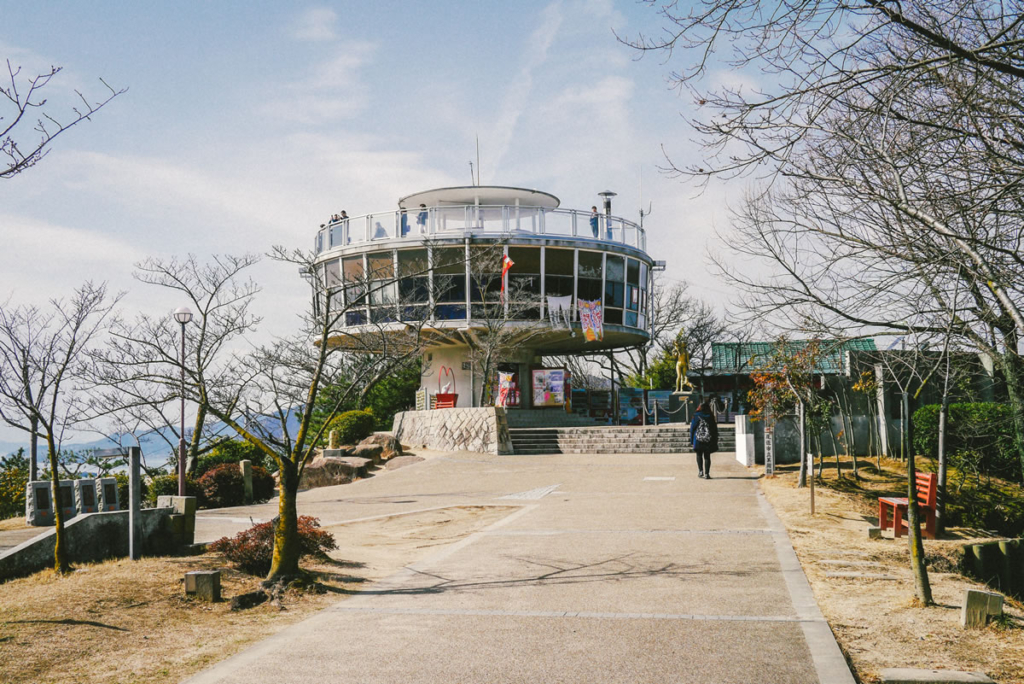
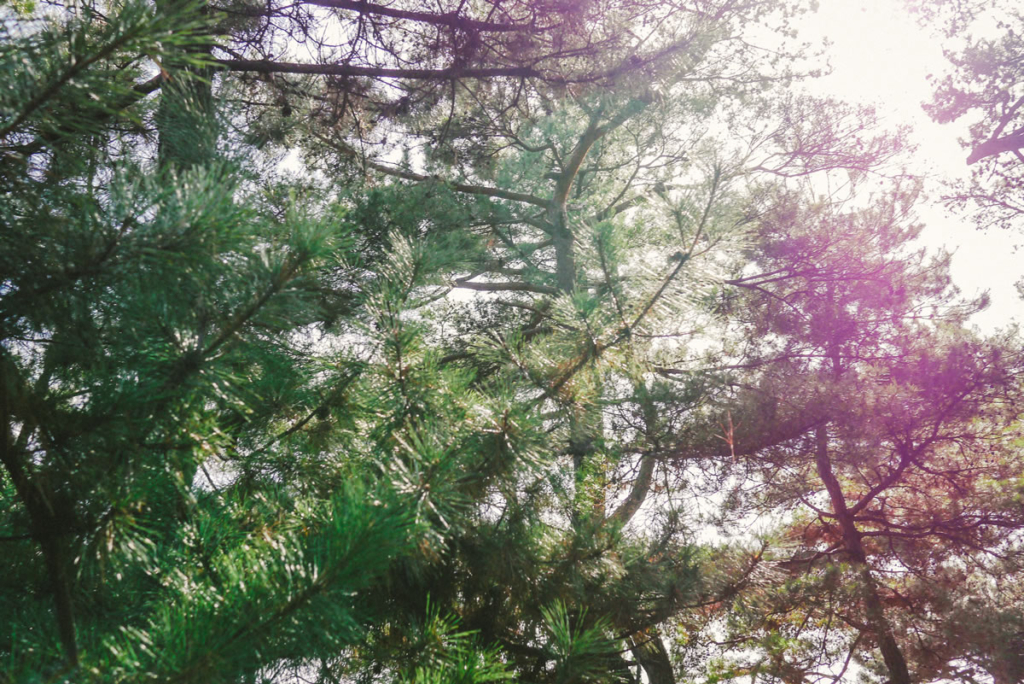
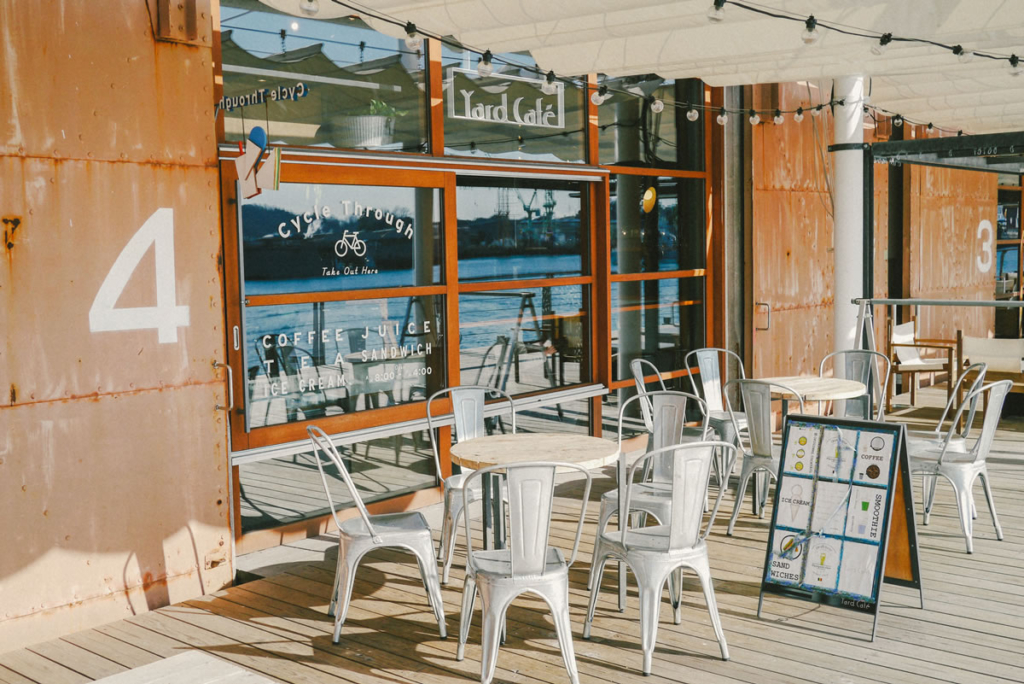
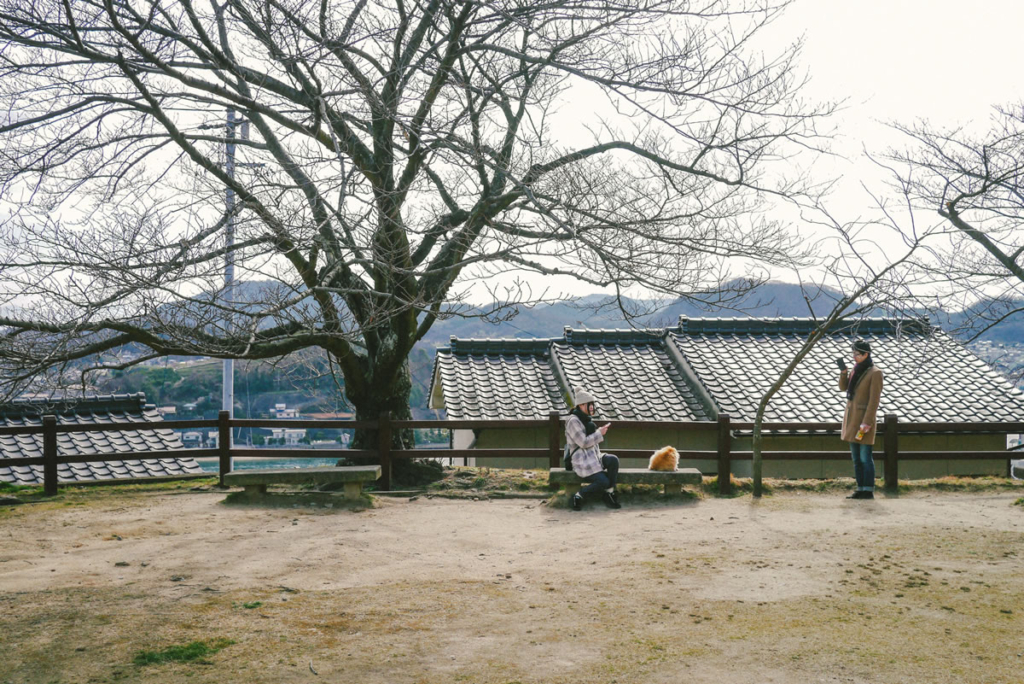
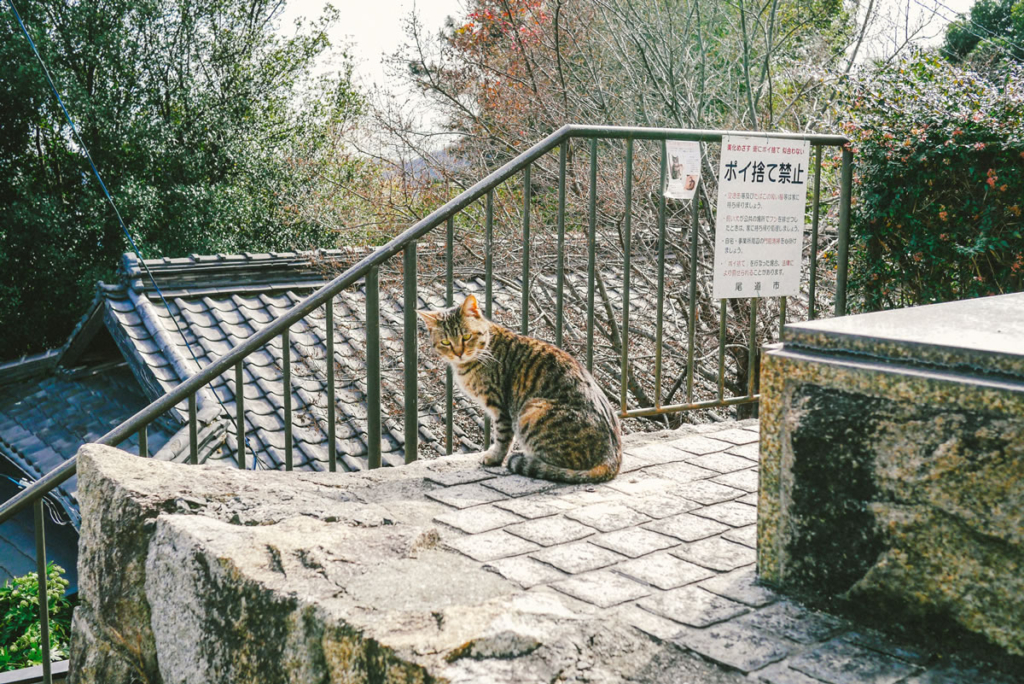
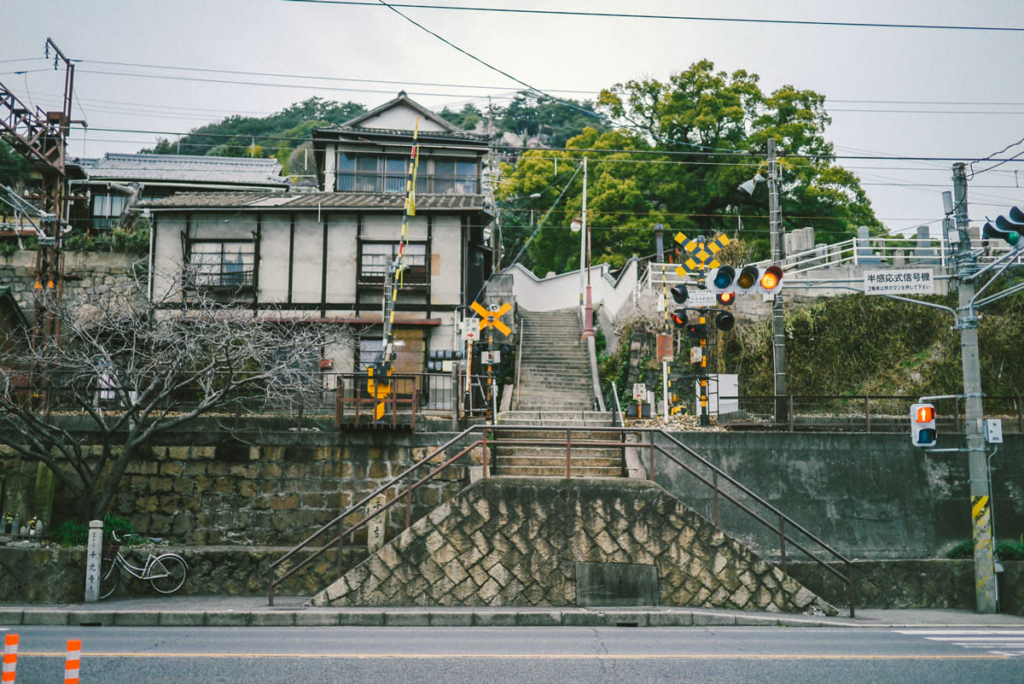
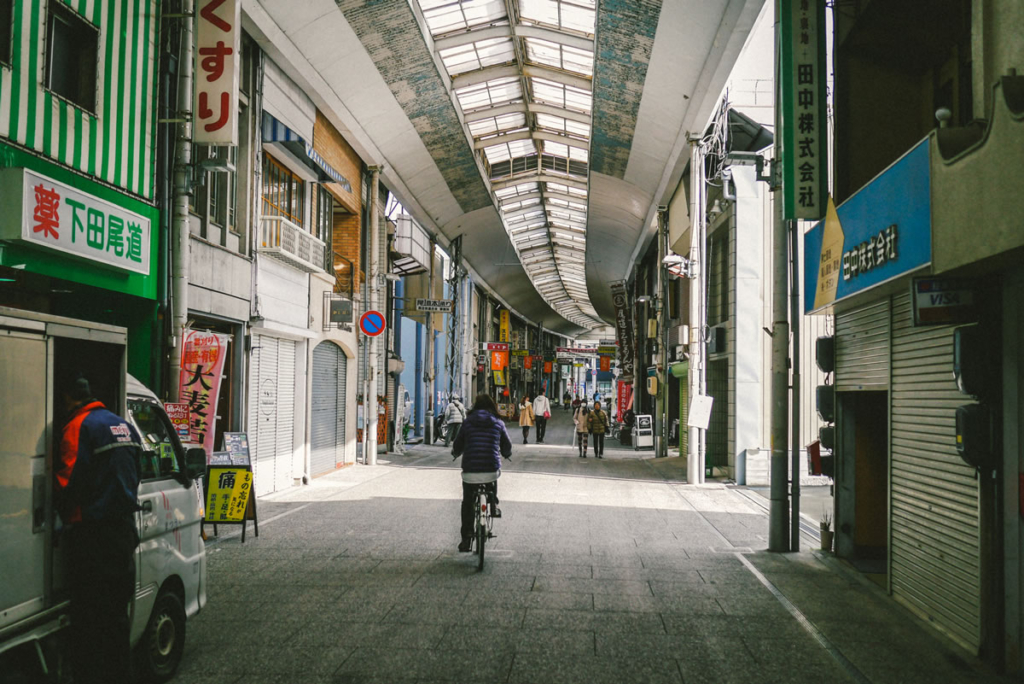
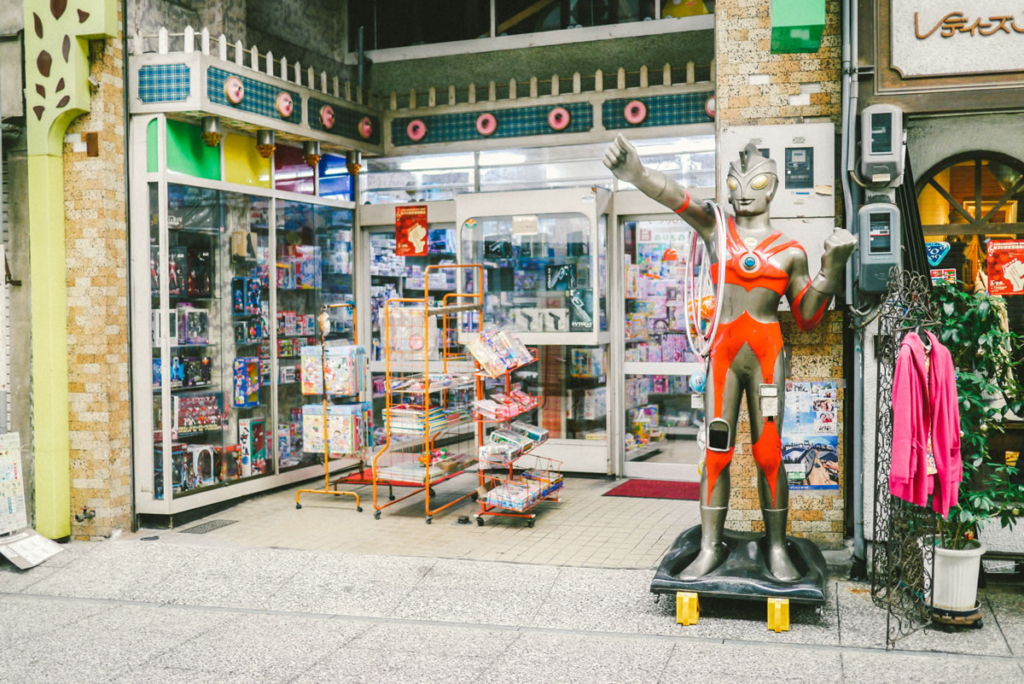
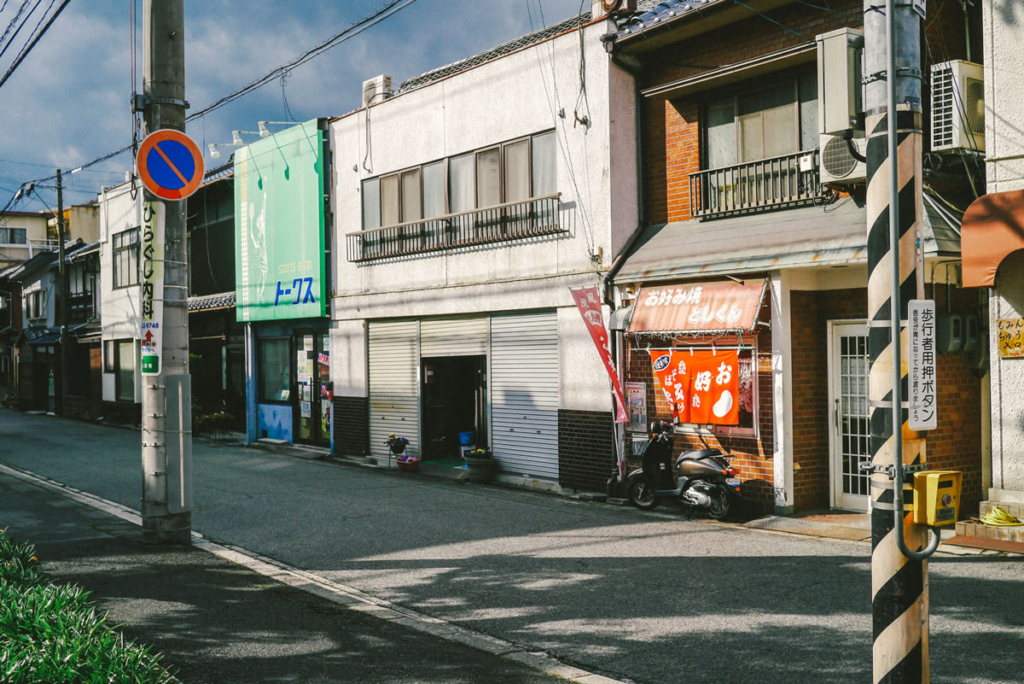
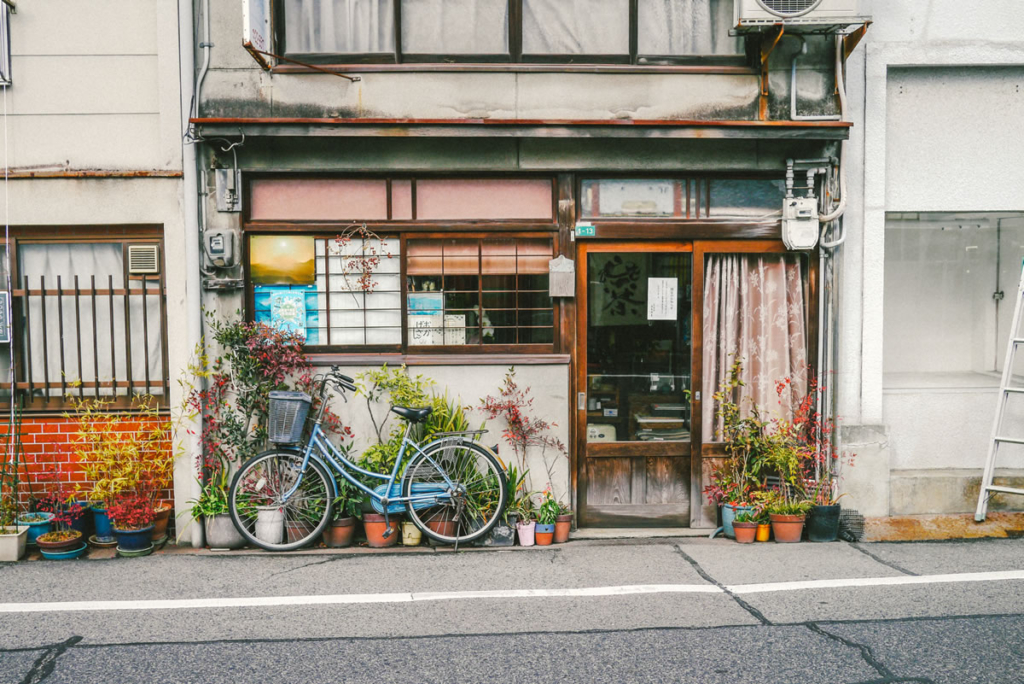
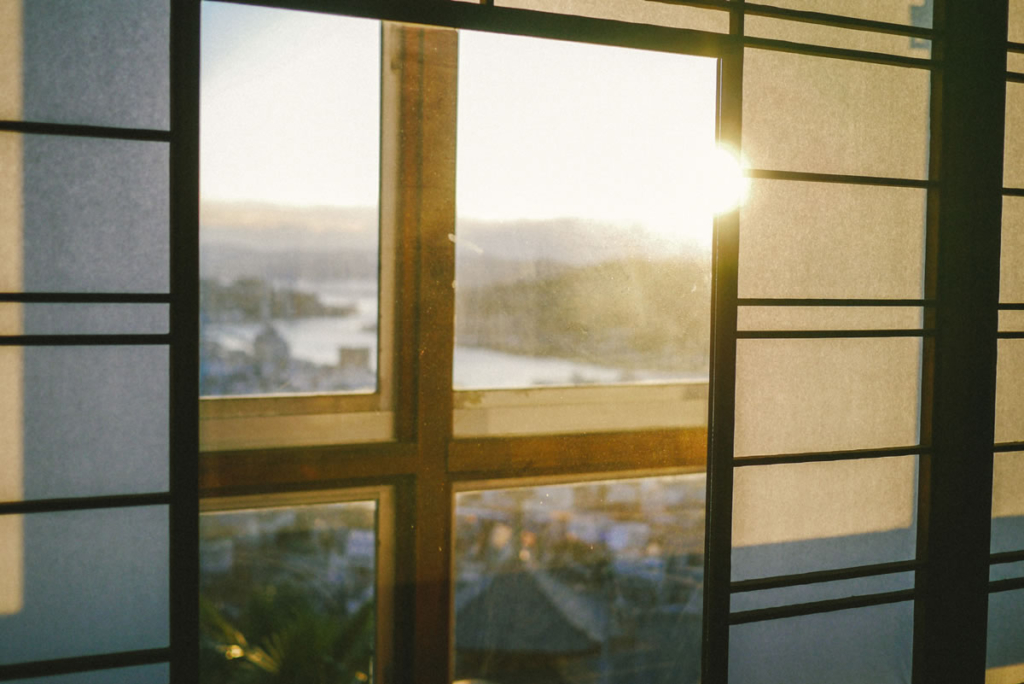
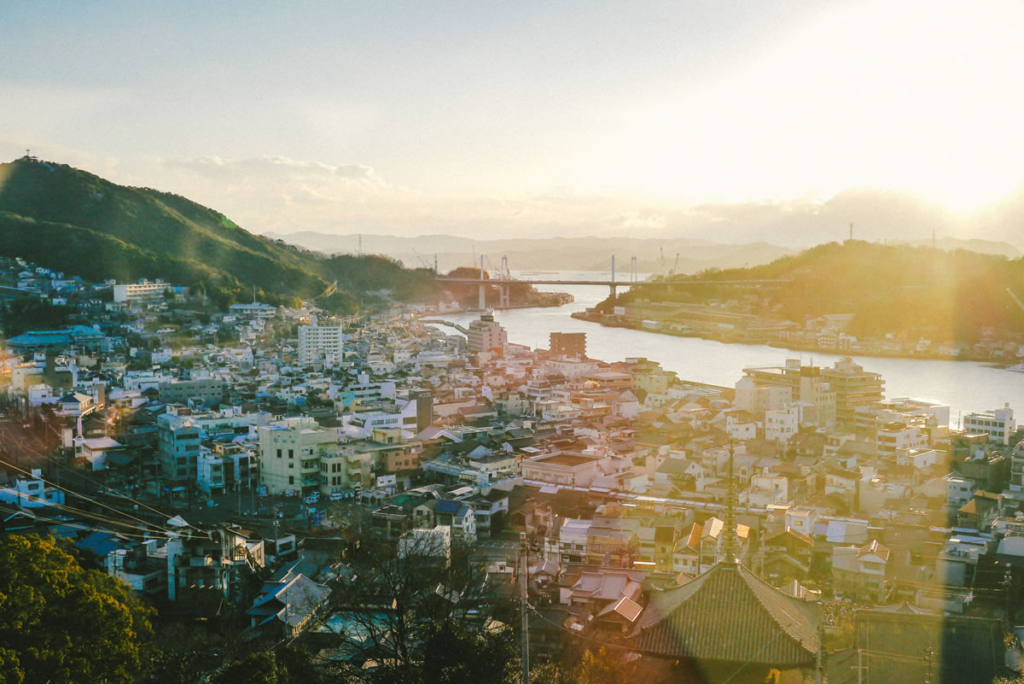
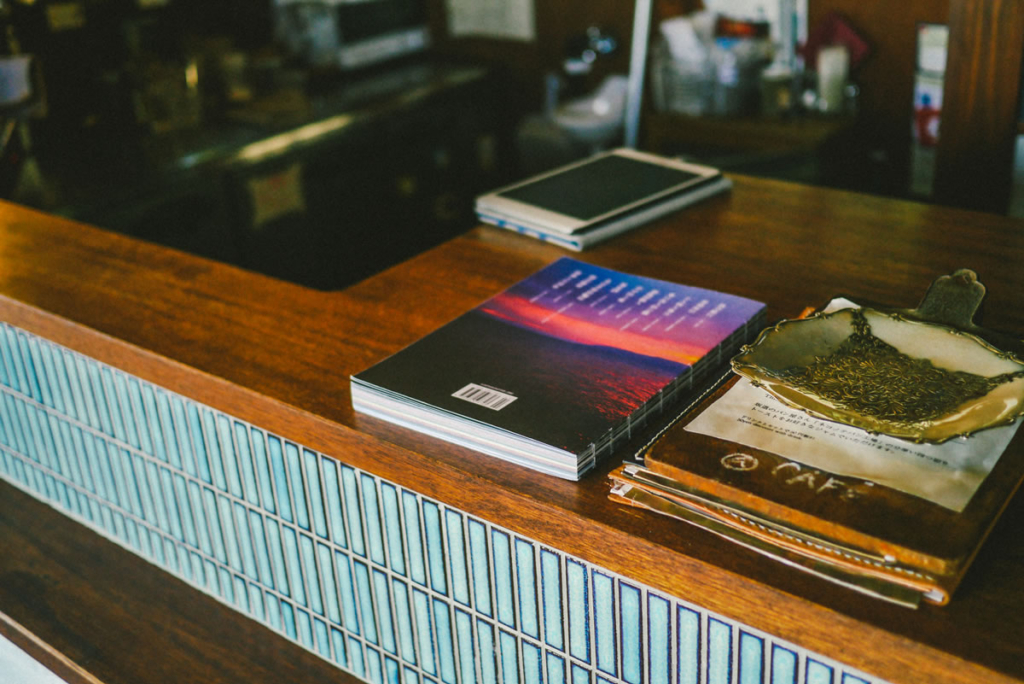
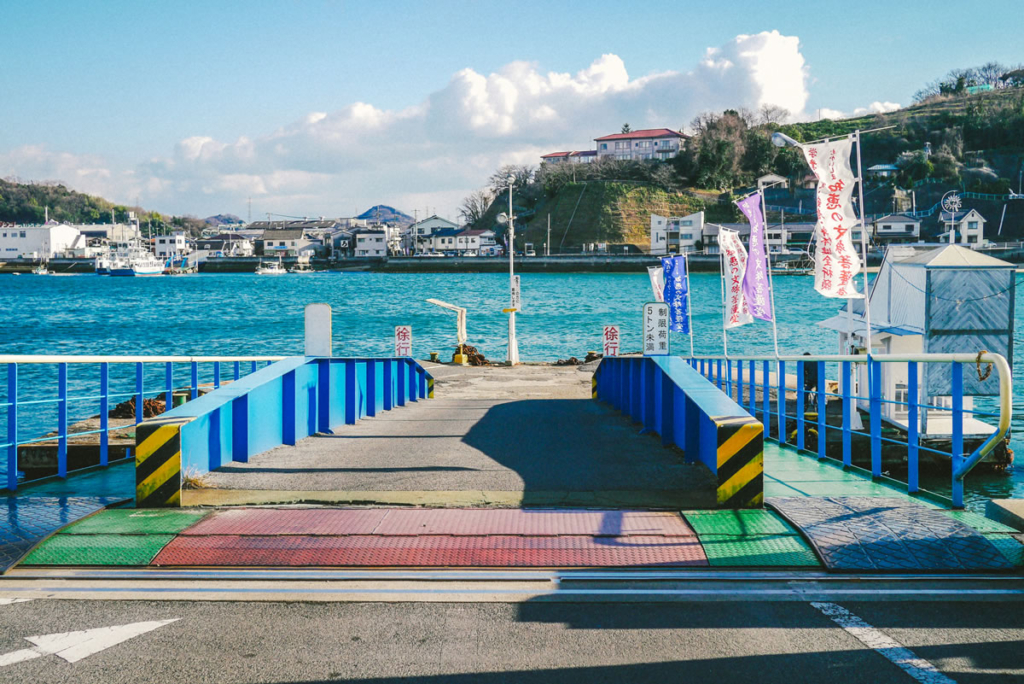
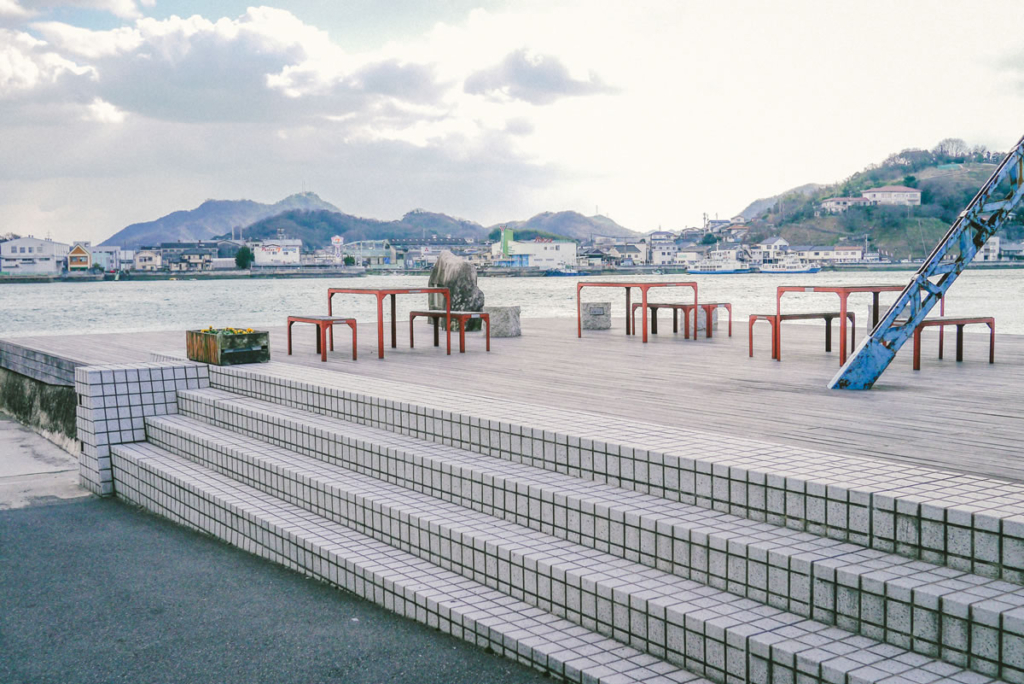
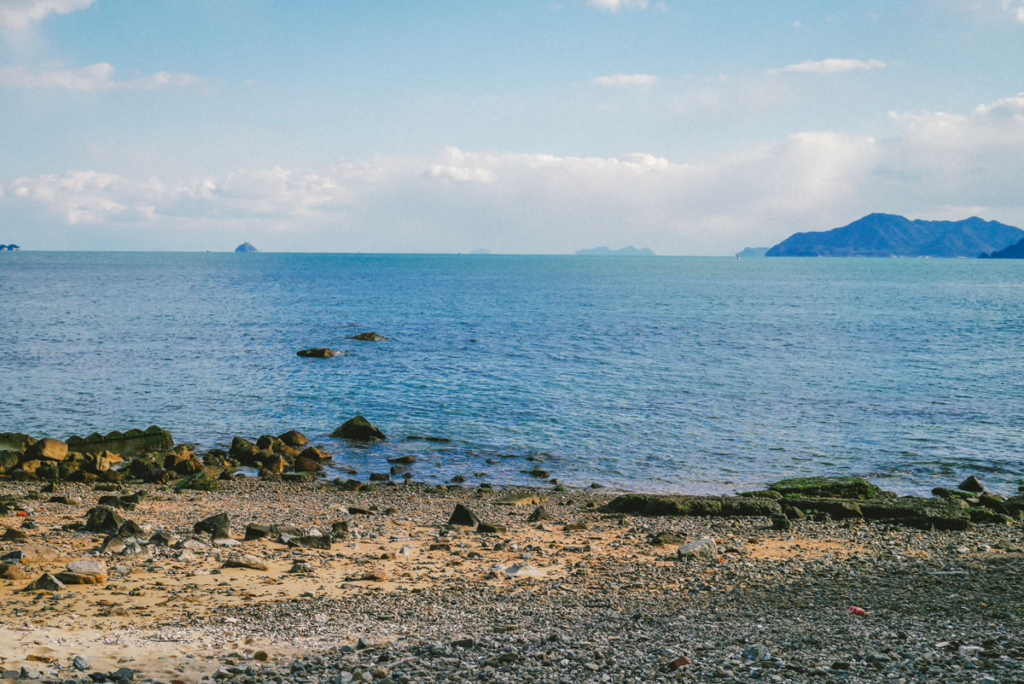
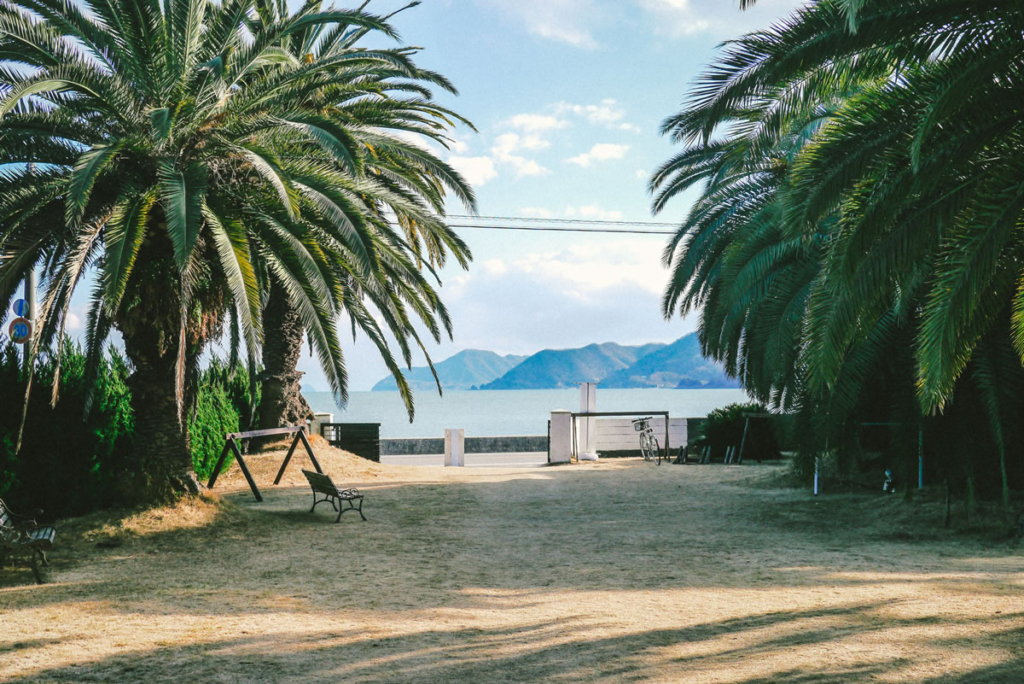
我懷念無所事事的日子,懷念可以沖動行事的日子,懷念天馬行空的日子。
三個月前,我決定在叫尾道的一個安靜小鎮上什麽也不做。從某種意義上來說,它是我工作之外的一個小小的休息,我沒有用形形色色的活動來填滿行程,而是決定只呆在一個地方。
為什麽會是尾道呢? 老實說,這是一個很隨意的選擇。我知道這個小鎮靠近內海,有一座小山可以徒步,還有很多拉面店,不過這就是我知道的所有了。我在那裏一個人不認識,但想著每天能沿海邊走走讓思緒漫遊應該不錯。
然後我就那麽做了。
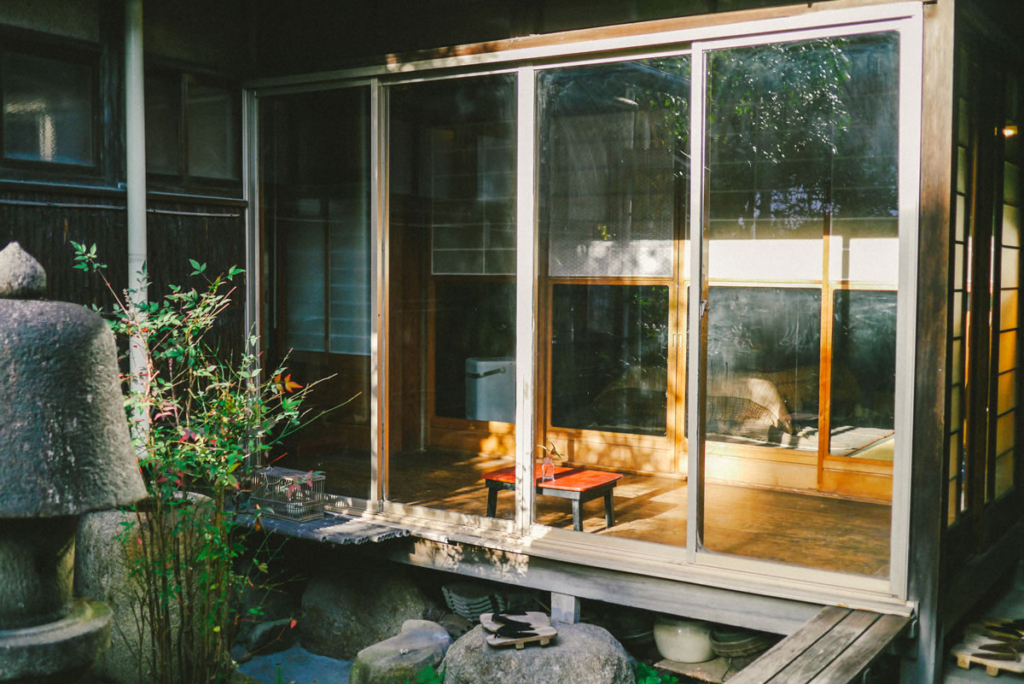
一周裏,我只是把自己放在尾道,沒有任何計劃,不抱任何期望。每次人們問到我為什麽去那裏,去那裏看什麽,我都無法給出一個答案,然後他們就會給我一個困惑的表情。我只是對那裏的平靜、好的食物、友好的人、和好天氣心存感激。有時候,我們把這些視為理所當然,忘記一個簡單生活的樣子。每天清晨醒來,我會繞著山走一走,沿著貓道和貓玩一玩( 尾道以貓出名),下午的時間就寫寫自己的思想,或繞著小鎮漫無目的地走一走,在沿途發現一些有趣的事情。嘗試不抱目的幾乎就像是一門藝術,因為我太習慣於頭腦中要有一個目的。
當你的日程裏什麽都沒有時,你就能自由地面對宇宙。這就是我在那幾日裏感受到的。從身體層面來說,我每天會走路,尋找拉面館;但是從精神層面來說,我的思想到處在飛。我想,在忙碌的每日生活中,有時候我們太容易被眼前的事物所吸引,繼而忘記更大的局面。這個更大的局面是指:生活著。
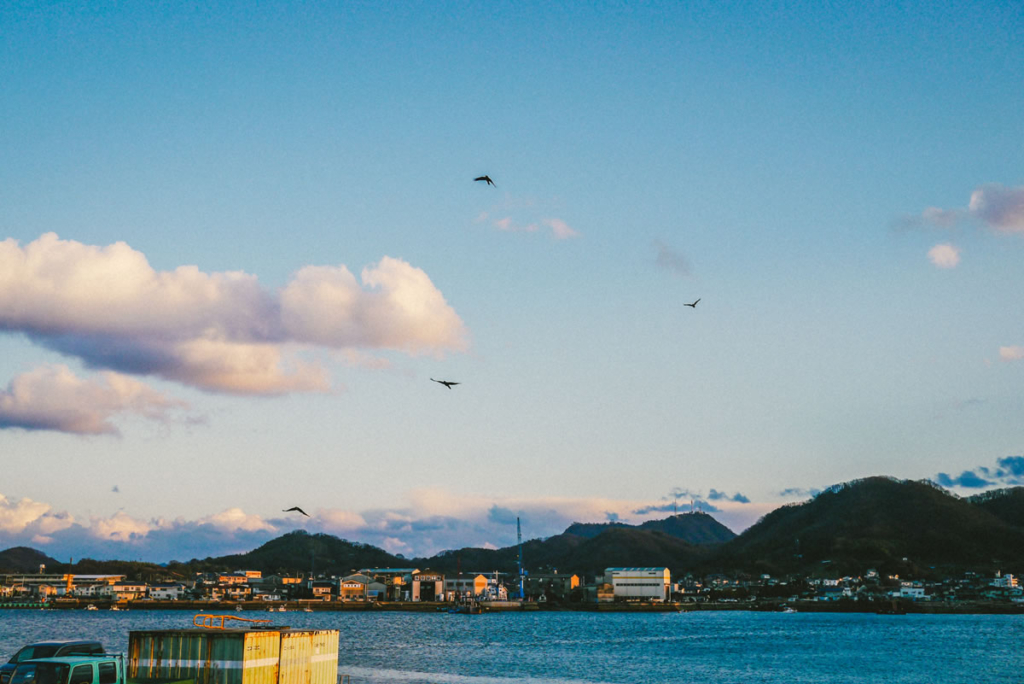
我也會抽出時間來閱讀。在尾道的頭幾天裏,我住在一個名叫 Anago no Nedoko 的舒適的小旅館裏。它是一間被修復的老裏弄房,帶有一個咖啡書店。我睡的臥室的床上擺滿了各種書,以及漫畫,漫畫是我非常想念的童年事物。每晚一樣也是不做什麽,只是隨便讀讀在房間裏的書。
在第三天,很不幸的是,淋浴房壞掉了,然後我決定搬到他們位於山頂上的另一家旅館 Miharashi-Tei 。在那裏,每天清晨,從臥室的窗外望去,迎接你的是眺望小鎮的絕佳視野,這樣的風景絕對能平靜你的心。這樣的風景促使你去觀看,去好奇人們是如何生活在一起的,以及我們在這個世界的定位。旅館樓下有一個咖啡館,在那裏你可以享受一樣的風景,而且還有爵士樂,多虧 Hideo Makihara 先生經營著這個地方,他是一個狂熱的爵士愛好者。大部分的晚上我都呆在咖啡館裏,邊看著風景邊寫下我的思想。我發現它是一個能收集我思想的絕佳地。
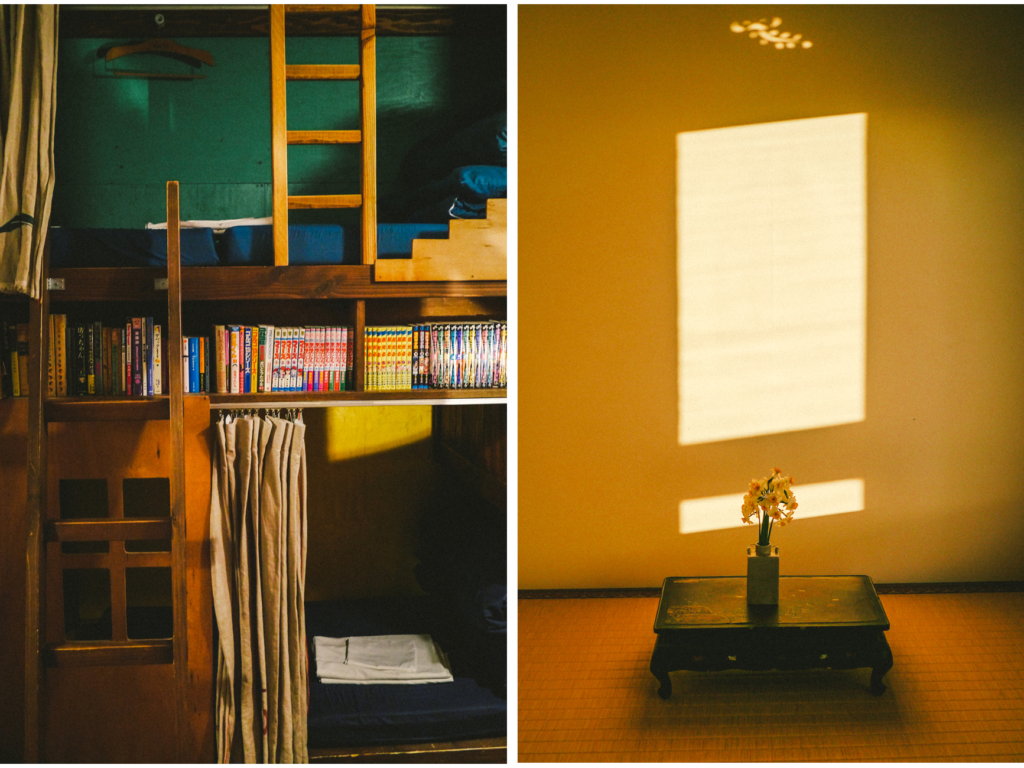
這幾天裏我開始問我自己,為什麽每天的生活不能如此? 每一天,我都會花半天時間在太陽裏走路、吸收、感受。我會發現新的地方,認識新的人,發現新的想法。夜晚就回到旅館,把一些想法記錄下來,關於我所學到和所意識到的。也許在這樣的一種真空狀態下,讓我可以把一切拋到一邊,讓我可以重組和重啟我的思想。
過了一周,我結交到了好多新朋友,意料之外。我見到了 Mototugu Fuzii 先生,他就是那個在第一晚在 Anago no Nedoko 旅館幫我登記的人,他同時經營著一家叫 20 Decibels 的二手書店(這在 LOST 的網站上有分享過)。我還見到了 Jan,一個新加坡人,過去6個月裏他住在尾道 ,打算在那裏開設他自己的旅館。當然,這是一個小鎮,人們彼此相互認識,他們也在見到我幾次後慢慢開始和我打招呼。據說大部分的人在尾道停留不會超過兩天,每當他們聽到我說我在那裏呆了一周,而且沒有任何特別的理由時,他們都震驚了。
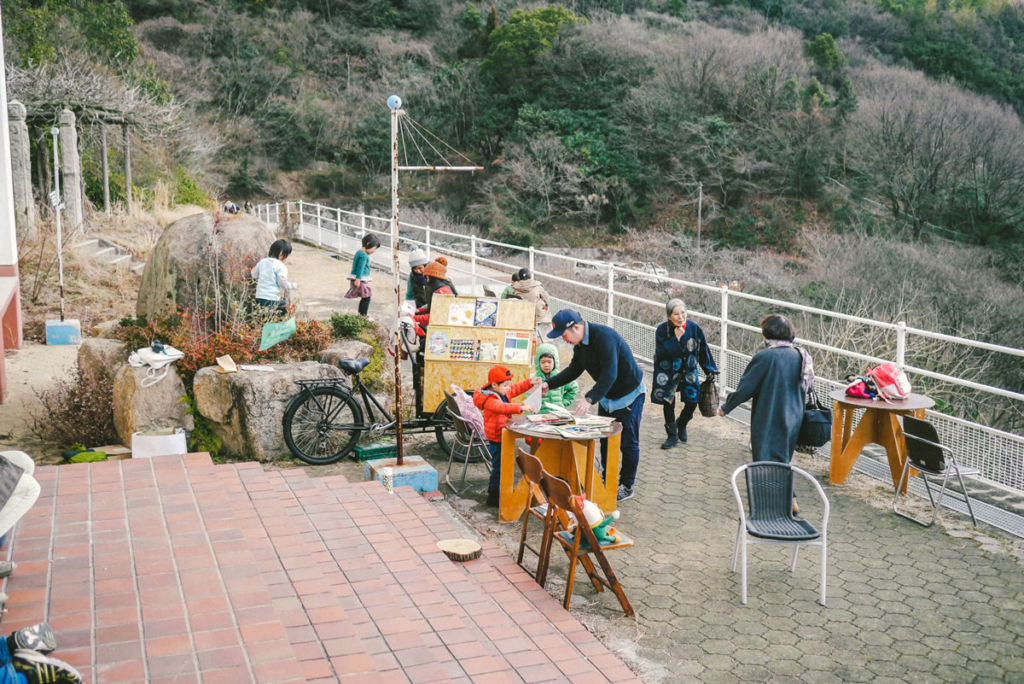
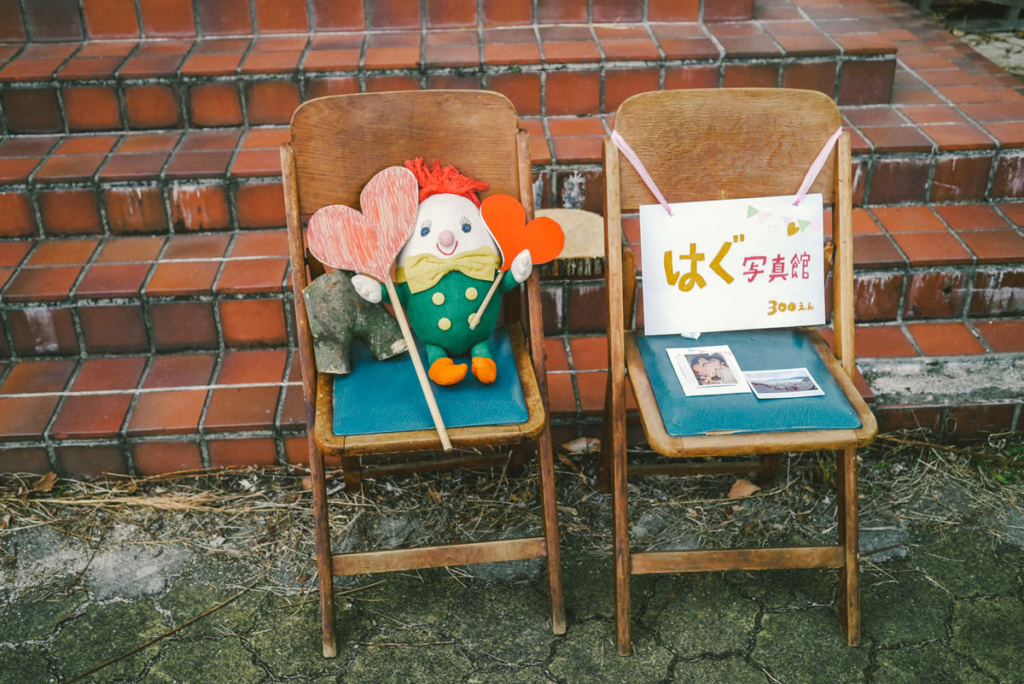
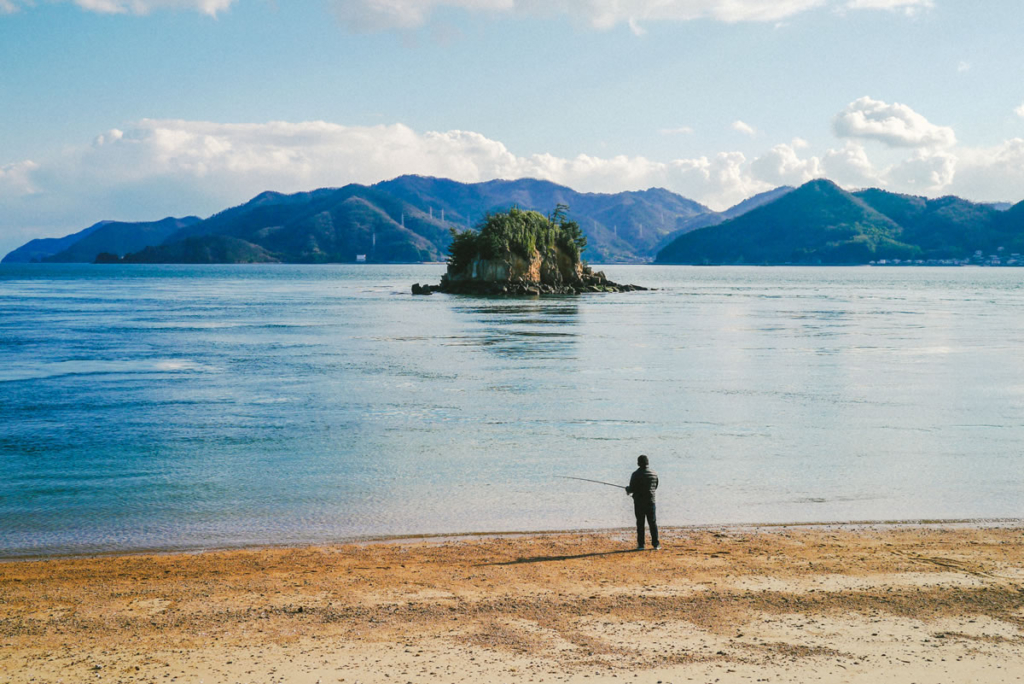
一周時間裏我學到了很多。我知道了尾道是一個老城,有很多老房子,所以那裏有好些機構,比如 Akiya-Saisei Project ,它運營著一個誌願者項目,來重新整修這些老房子,將它們轉變成漂亮的空間,比如我住的旅館。還有 AIR 機構,它在每年邀請藝術家們在這些廢棄的房屋裏創造藝術作品,將這個城鎮變成一個藝術畫廊。我了解到了尾道給那些不喜歡大城市的人提供了另一種生活方式,那裏有一種強烈的社區感。在中國,人們談論很多關於 “獨立” 店鋪,它們有個性,不在產業鏈中,但是在尾道,每個人都是 “獨立”的。 你在那裏看不到麥當勞。相反,你會發現一些由老年人或年輕人各自經營著的獨特的店鋪,他們做著自己相信的事情,不管有沒有人來。這裏充滿一種獨特的魅力,每天我經過這些店鋪的時候,都會被激勵,同時也會對這些經營者們滿懷敬意。
無所事事的一周後,我準備好回去工作了。我已經找到了前進的動力。
直到下一次需要空間外出。
